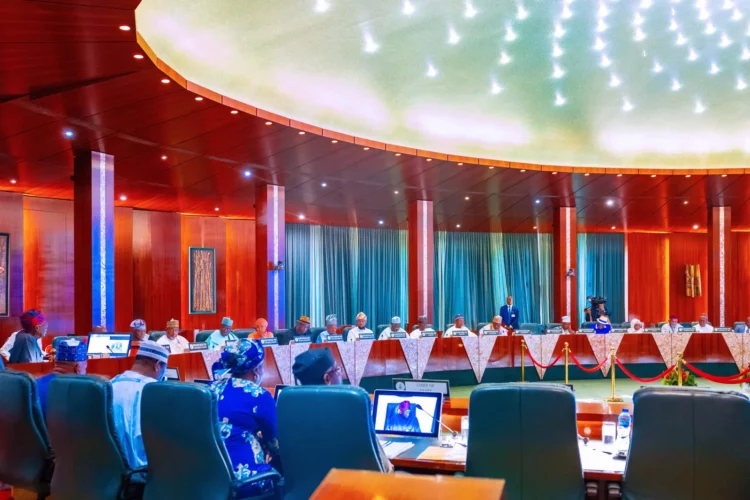The organised labour has raised concern over the federal government’s decision to spend N142 billion on constructing modern bus terminals across the six geo-political zones, warning that the plan could risk becoming another white-elephant project if not carefully executed.
The Nigeria Labour Congress (NLC) said that the plan, though ambitious, risks diverting scarce resources from urgent needs like wages, healthcare, and education, which directly affect millions of struggling Nigerian workers.
The caution followed last week’s decision by the Federal Executive Council (FEC) to greenlight the construction of modern bus terminals in each of the six geo-political zones.
The project which is valued at N142 billion is intended to improve public transportation, enhance passenger experience and boost economic activity in the regions.
While acknowledging the potential benefits of better transport facilities, acting general-secretary of the NLC, Comrade Benson Upah stressed that the immediate needs of Nigerians lie elsewhere.
“Infrastructural and human capital developments complement each other. However, on the scale of human needs, human capital development comes first and reaches more people and more quickly than infrastructural development,” Upah told LEADERSHIP Weekend.
He noted that large-scale projects in the past had often failed to deliver promised benefits.
“We have seen supposedly grand projects turned white-elephant and conduits for a selective few at the expense of the hapless majority. It is our hope that these projects do not fall into this category,” he warned.
The NLC has therefore called for an expenditure formula and practice that gives priority to investments in people’s welfare, including better wages, healthcare and education.
Recall that the bus terminal plan was among several major infrastructure approvals announced after the FEC meeting chaired by President Bola Tinubu on Wednesday.
According to reports, each terminal will be equipped with modern facilities, security systems and passenger-friendly amenities and will serve as a hub for inter-state and regional transportation.
The aim, according to the federal government, is to create jobs and support economic revitalisation strategy.
The concept of regional bus terminals is not entirely new. Similar projects have been executed by the government in Lagos and Abuja.
For organised labour, the issue is not opposition to infrastructure but the sequencing of priorities with the NLC insisting that any major public spending should first tackle immediate economic pressures before embarking on grand construction schemes.











